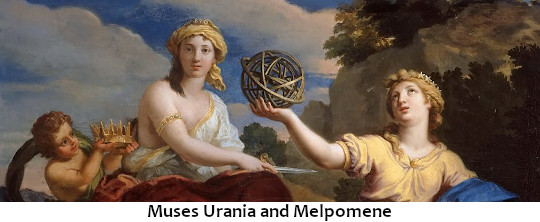Agatha Christie? Apocryphal?

Question for Quote Investigator: Necessity is the mother of invention according to the well-known proverb, but the brilliant mystery writer Agatha Christie disagreed. She suggested that the crucial motivation was laziness. Would you please help me to find a citation?
Reply from Quote Investigator: In 1976 Agatha Christie died, and the following year her autobiography was published. Christie discussed work and invention within one passage, and she mentioned George Stephenson who was a railway and steam locomotive pioneer. The ellipsis below was in the original text. Boldface added to excerpts by QI:1
Presumably little Georgie Stephenson was enjoying idleness when he observed his mother’s tea-kettle lid rising and falling. Having nothing at the moment to do, he began to have ideas about it. . . .
I don’t think necessity is the mother of invention—invention, in my opinion, arises directly from idleness, possibly also from laziness. To save oneself trouble. That is the big secret that has brought us down the ages hundreds of thousands of years, from chipping flints to switching on the washing-up machine.
Here are additional selected citations in chronological order.
In 1983 “The Record” newspaper of Hackensack, New Jersey attributed a re-phrased version of the remark to Christie:2
Invention isn’t born of necessity, mystery writer Agatha Christie once wrote, but arises directly from idleness, or perhaps even laziness, to save oneself trouble.
In 1992 the “Treasury of Women’s Quotations” edited by Carolyn Warner included the following entry:3
I don’t think necessity is the mother of invention. Invention, in my opinion, arises directly from idleness, possibly also from laziness—to save oneself trouble.
Agatha Christie
The 2002 edition of “Bartlett’s Familiar Quotations” also included the quotation with an ascription to Christie.4
In conclusion, Agatha Christie deserves credit for the passage she wrote in her biography published in 1977.
Image Notes: Painting of the muses Urania and Melpomene from Louis de Boullogne circa 1680-1681. Image has been cropped and resized.
Acknowledgement: Thanks to the anonymous Agatha Christie fan who asked about this quotation and several other remarks attributed to the mystery writer.
Update History: On March 27, 2025 the format of the bibliographical notes was updated.
- 1977, Agatha Christie: An Autobiography by Agatha Christie, Part 3: Growing Up, Quote Page 121, Dodd, Mead & Company, New York. (Verified with scans) ↩︎
- 1983 May 12, The Record, Yes, even a better mousetrap: Expo is paean to invention by Steve Govoni (Business Writer), Quote Page E1, Column 1, Hackensack, New Jersey. (Newspapers_com) ↩︎
- 1992, Treasury of Women’s Quotations edited by Carolyn Warner, Chapter 40: Work, Quote Page 320, Prentice Hall, Englewood Cliffs, New Jersey. (Verified with scans) ↩︎
- 2002, Bartlett’s Familiar Quotations by John Bartlett, Edited by Justin Kaplan, Seventeenth Edition, Entry: Agatha Christie (1890-1976), Quote Page 728, Column 1, Published by Little, Brown and Company, Boston, Massachusetts. (Verified on paper) ↩︎